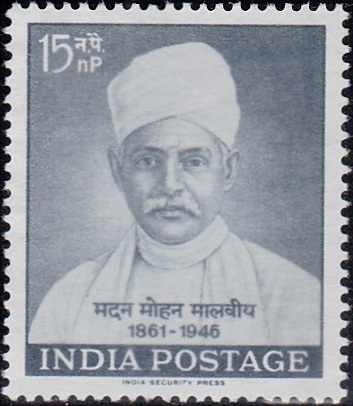
Madan Mohan Malaviya 1961
A commemorative postage stamp on the Birth Centenary of Pandit Madan Mohan Malaviya, founder and vice-chancellor (1919-38) of the Banaras Hindu University (BHU) in Varanasi :
Issued on Dec 24, 1961
Issued for : The Indian Post & Telegraph department join in paying tribute to this great son of India by issuing a special postage stamp.
Type : Stamp, Postal Used
Colour : Blue Grey
Denomination : 15 nP.
Size : 3.34 x 2.88 cms.
Perforation : 13½ x 14
Water mark : All over multiple, “Lion Capital of Asoka“
Number printed : 2.5 million
Set : 42 stamps per issue sheet
Printing Process : Photogravure
Printed at : India Security Press
Name : Madan Mohan Malaviya
Born on Dec 25, 1861 at Allahabad, Uttar Pradesh, India
Died on Nov 12, 1946 at Varanasi, Uttar Pradesh, India
About :
- “A giant among men, one of those who laid the foundation of modern Indian nationalism and, year by year, built up brick by brick and stone by stone, the noble edifice of Indian freedom.“ In these words, Shri Jawaharlal Nehru, former Prime Minister of India, summed up the feelings of the nation at the death of Pandit Madan Mohan Malviya in 1946.
- Scholar, educationist, man of action, a leader of the national liberation movement, Madan Mohan Malviya rose to prominence in the countries life at an early age. Born at Allahabad, on December 25th 1861, Madan Mohan was the son of Pandit Brij Nath, a highly respected scholar of Sanskrit of his time. Madan Mohan was first educated traditionally at two Sanskrit Pathshalas and later sent to an English school. Even during his college days, as a student of the Muir central college, Allahabad, he took keen interest in public activities. Religion and education were, however, of special interest and he dedicated himself to these till the end of his life. After graduation in 1884, Pandit Madan Mohan joined Govt. high school at Allahabad as an assistant master. Being in government service did not prevent him from participating in political movements and he soon joined the fold of the Indian National Congress. His very first appearance on the Congress platform at its Calcutta session created a lasting impression and gave him a place in the political life of the country. By his earnest and untiring work, Pandit Malviya rapidly gained ascendancy in the Congress organisation. He was one of the very few individuals who were honoured by the Congress by being elected as its president three times, the first at the Lahore session (1909), the second time at Delhi (1918) and the third at the Calcutta (1933). He could not, however, preside over the 1933 sessions as the meeting was banned and he was arrested even before he reached Calcutta.
- While being a man of action, Pandit Malviya, placed the greatest reliance on the spread of learning and scholarship. His most ambitious projects and one whose realisation was described by Mahatma Gandhi as his chief contribution was the founding of the Banaras Hindu University. Following the Jallianwala Bagh episode, the government appointed the Hunter Committee to enquire into the Punjab disorders and followed it up with the indemnity bill. The nations protest against this found its voice in the speech of Pandit Madan Mohan in the legislative council of which he was a member. He was later elected President of the Jallianwala Bagh Memorial Committee. Pandit Madan Mohan Malviya accompanied Mahatma Gandhi to the Second Round Table Conference in 1933. He also played an important part in the removal of untouchability and in giving direction to the Harijan movement. The Harijan Sevak Sangh was founded at a meeting in 1933 at which Pandit Malviya presided. He was a member of the Indian Legislative Council from 1902 to 1912 and from 1924 to 1930. Although the Banaras Hindu University towers above many of his other contributions in the educational field, he also founded Allahabad Literary Institute. It was one his settled convictions that without an abiding religious faith man cannot succeed. This led him to found the Sanatan Dharm Mahasabha at Allahabad in January 1906, and the Allahabad Hindu Samaj. A devout Hindu himself, he wanted to see the same religious devotion in every Hindu of India. But his religious activities were by no means sectarian. As he stated in his presidential address at the Allahabad Congress, “I am a Hindu by faith and I mean no disrespect to any other religion when I say that I will not change my faith for all the possessions of this world or of any other. But I shall be a false Hindu and I shall deserve less to be called a Brahmin, if I desired that Hindu‘s, or Brahmins could have any unfair advantage as such over Muslims, Christians or any other community in India“.
- Pandit Malviya will also be remembered for his contribution to the field of journalism. He started his journalistic career as the Editor of the Hindustan in 1887. Two years later, he joined the “Indian Union“ as Editor in which capacity, he continued till its incorporation with the Advocate of Lucknow. He then started his own Hindi weekly Abhyudaya and laboured hard to make it an informative and instructive journal. Keenly feeling the need for an English daily to voice the opinion and to ventilate the grievances of people, he founded the Leader of Allahabad. The noble work of this great patriot was acknowledged by Mahatma Gandhi on behalf of the nation in following words : “Great as are Malviyaji‘s services to the country, I have no doubt that the Hindu University constitutes his greatest service and achievement, and he has worn himself out for the work that is dear to him as life itself…. Everyone knows that there is no greater beggar than Malviyaji on the face of the earth. He has never begged for himself by the grace of God he was never been in want, but he became a voluntary beggar for causes he has made his own, and God has always filled his bowl in an overflowing measure“.
- On December 25, 1961, the nation observed the centenary of birth of this great patriot.



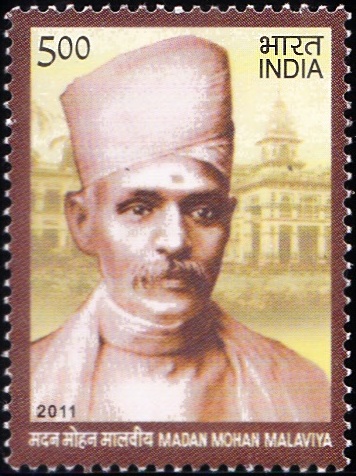
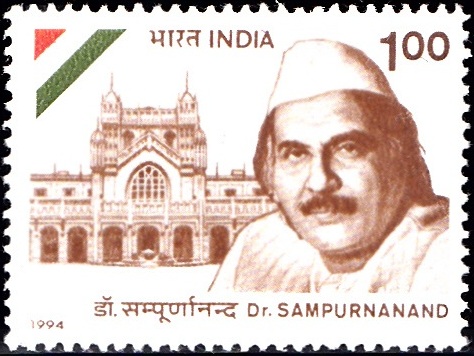
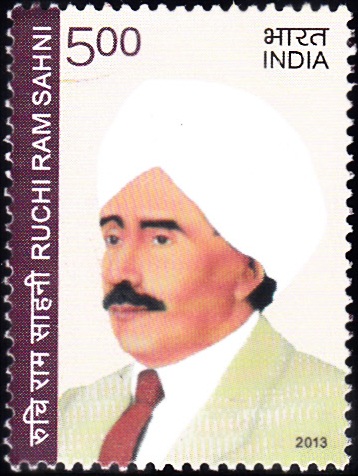
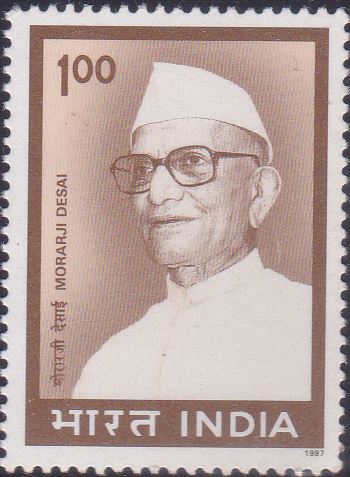
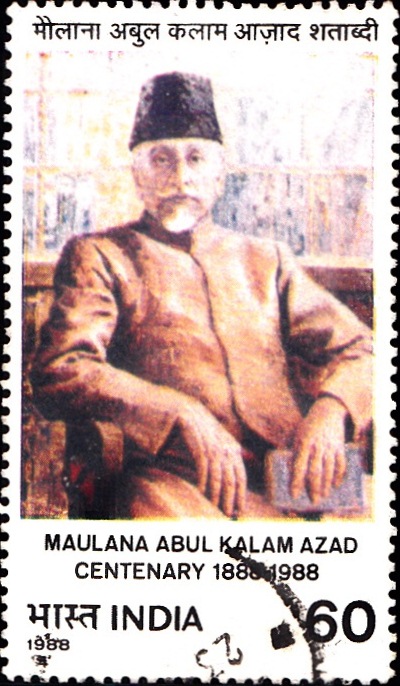
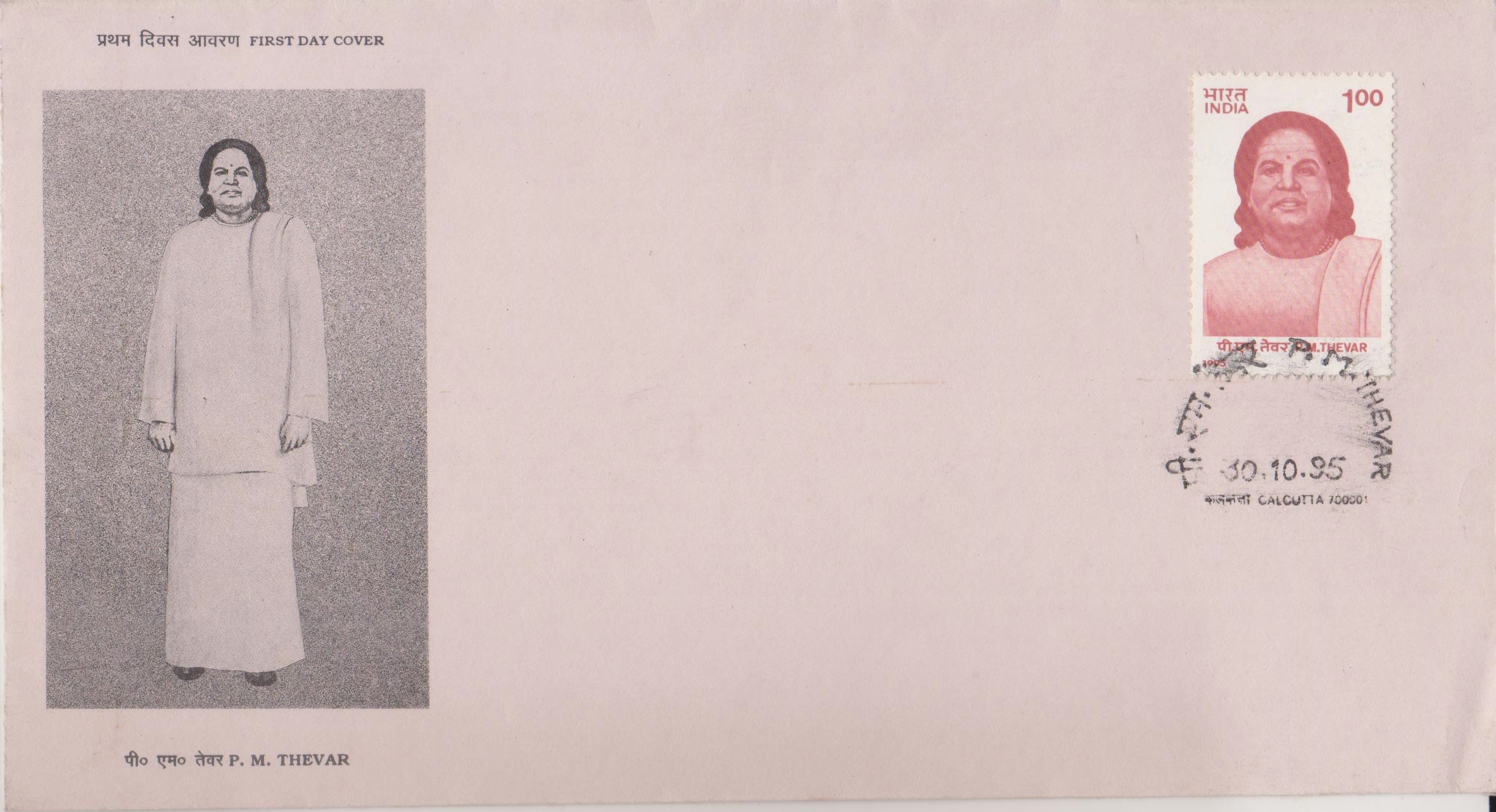
[…] In Delhi, till about the end of nineteenth century, higher education was the privilege of the elite. Some prominent citizens of Delhi decided to establish a college for the less privileged, and thus, Hindu College was founded in 1899 by late Rai Bahadur Dharam Sudhakar, Shri Krishan Dass Ji Gurwale. Founded in 1899, the opening ceremony of ‘Hindu College’ was performed by Pandit Madan Mohan Malviya. […]
[…] was a pioneer of the Scouting Movement in Rajasthan having been initiated by Madan Mohan Malviya. In recognition of his services, he was awarded the ‘Silver Star’ and subsequently the […]
[…] lofty ideal to help the re-birth of a new and vibrant India. While it represents the fulfillment of Mahamana Pt. Madan Mohan Malaviya’s life’s mission, it also symbolises the vision of Dr. Annie Besant who […]
[…] came to be deeply influenced by the patriotism and nationalism preached by other stalwarts like Madan Mohan Malviya and Acharya Kriplani. He also came into close contact with revolutionary leaders like Sachindra […]
[…] discipline and patriotic fervor. He was deeply influenced by the ideology of Mahatma Gandhi, Madan Mohan Malviya, Lokmanya Bal Gangadhar Tilak, and Motilal […]
[…] India, Pt. Jawahar Lal Nehru, was a member of the Allahabad High Court Bar. Pt. Moti Lal Nehru, Pt. Madan Mohan Malviya, Sir Tej Bahadur Sapru and Rajarshi P. D. Tandon played active part not only […]
[…] India’s most prominent seats of learning. Founded in 1916 by the great nationalist and educator Pandit Madan Mohan Maliviya, BHU has a 1,300 acre campus on the outskirts of the city. Today one of the largest residential […]
[…] father was participating in the Swadeshi movement and moving among leaders like Shri Motilal Nehru, Shri Madan Mohan Malviya, and others. He, therefore, naturally absorbed the nationalist fervour. His true vision was to see […]
[…] for addressing an unlawful assembly. In the early thirties, Nelli was chosen to take over from Madan Mohan Malviya, at a time when most of the Congress leaders were in […]
[…] law from Allahabad in 1920, he began practice in Jabalpur in 1920. Influenced by such stalwarts as Pt. Madan Mohan Malviya and Narhari Chintamani Kelkar, Pt. Kunji Lal Dubey entered the arena of freedom struggle against […]
[…] of the nation like Mahatma Gandhi, Pandit Motilal Nehru, Shri Morarji Desai, Lala Lajpat Rai, Pandit Madan Mohan Malviya and other stalwarts of the freedom movement and luminaries of pre and post independence era. He […]
[…] In the year 1931-32, at the age of 24, after receiving due knowledge from Swami Shri Brahmanand Saraswati Ji Maharaj in Kashi, he came to be known as Hariharanand Saraswati and became a complete saint who became famous as “Paramhans Paribrajakacharya 1008 Baba Hariharanand Saraswati Shri Karpatri Ji Maharaj”. In the year 1932, by traveling all over India for the purpose of promoting religion, he awakened spiritual consciousness by interacting extensively with the teachers, scholars and religious lovers and in the year 1932 itself, on the occasion of Haridwar Kumbh, in Haridwar–Rishikesh, he exchanged scholarly thoughts with Pt. Madan Mohan Malviya. […]